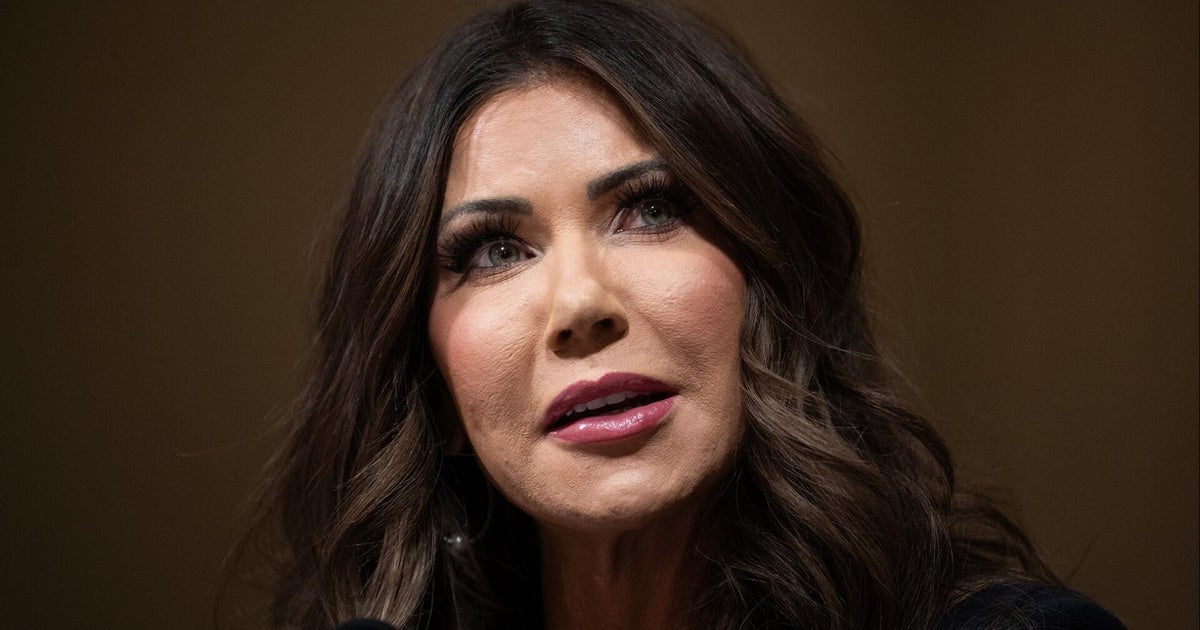He was recently dropped from a concert in his hometown of Chicago, and there is pressure to cancel a Friday concert in Greensboro, North Carolina. Time's Up was one of the organizations asking for the concert's cancellation.
Recently, R. Kelly responded to the campaign and said, "R. Kelly supports the pro-women goals of the Time's Up movement. We understand criticizing a famous artist is a good way to draw attention to those goals -- and in this case, it is unjust and off-target ... Time's Up has neglected to speak with any of the women who welcome R. Kelly's support, and it has rushed to judgment without the facts. Soon it will become clear Mr. Kelly is the target of a greedy, conscious and malicious conspiracy to demean him, his family and the women with whom he spends his time."
In its policy, Spotify made it clear that it doesn't tolerate "content that expressly and principally promotes, advocates, or incites hatred or violence against a group or individual based on characteristics, including race, religion, gender identity, sex, ethnicity, nationality, sexual orientation, veteran status, or disability."
Some of R. Kelly's music has been defined by its explicit sexual nature — but he's also written love ballads, pop songs and even gospel music.
However, the new policy also delves into an artist's behavior.
"In some circumstances, when an artist or creator does something that is especially harmful or hateful (for example, violence against children and sexual violence), it may affect the ways we work with or support that artist or creator," Spotify said.
Recently, women have come forward to accuse R. Kelly of everything from sexual coercion and leading a sex cult to physical abuse. A woman told Rolling Stone last year that she was in a long-term relationship with the singer that was sexually and physically abusive. Kitti Jones, who dated Kelly from 2011 to 2013, accused the singer of beating her, withholding food from her and forcing her to engage in sexual acts with other women while he recorded them. Jones also alleged that Kelly made her live with two of his other girlfriends while he constantly monitored them with security cameras.
Spotify's policy will apply to songs R. Kelly performs on as a solo artist or with other artists, like "Same Girl," which he wrote for Usher. But songs he wrote for other acts like Michael Jackson will not be affected.
Kelly isn't the only artist affected by the policy. Rapper XXXtentacion, who is awaiting trial on charges that he beat up his pregnant girlfriend, has also been removed from Spotify's playlists.
However, there are a myriad of other artists who in theory could be the subject to the policy. Chris Brown is featured in several Spotify-created playlists; he pleaded guilty to an attack on Rihanna several years ago. And there are a multitude of songs from artists in different genres that could be construed as hateful.
Spotify said it worked with several groups to create its policy, including GLAAD, the Anti-Defamation League and The Southern Poverty Law Center. It has also created what it calls an internal monitoring tool to identify content flagged as hateful and has asked users for their help as well.
(© 2018 CBS Interactive Inc. All Rights Reserved. This material may not be published, broadcast, rewritten, or redistributed. The Associated Press contributed to this report.)







